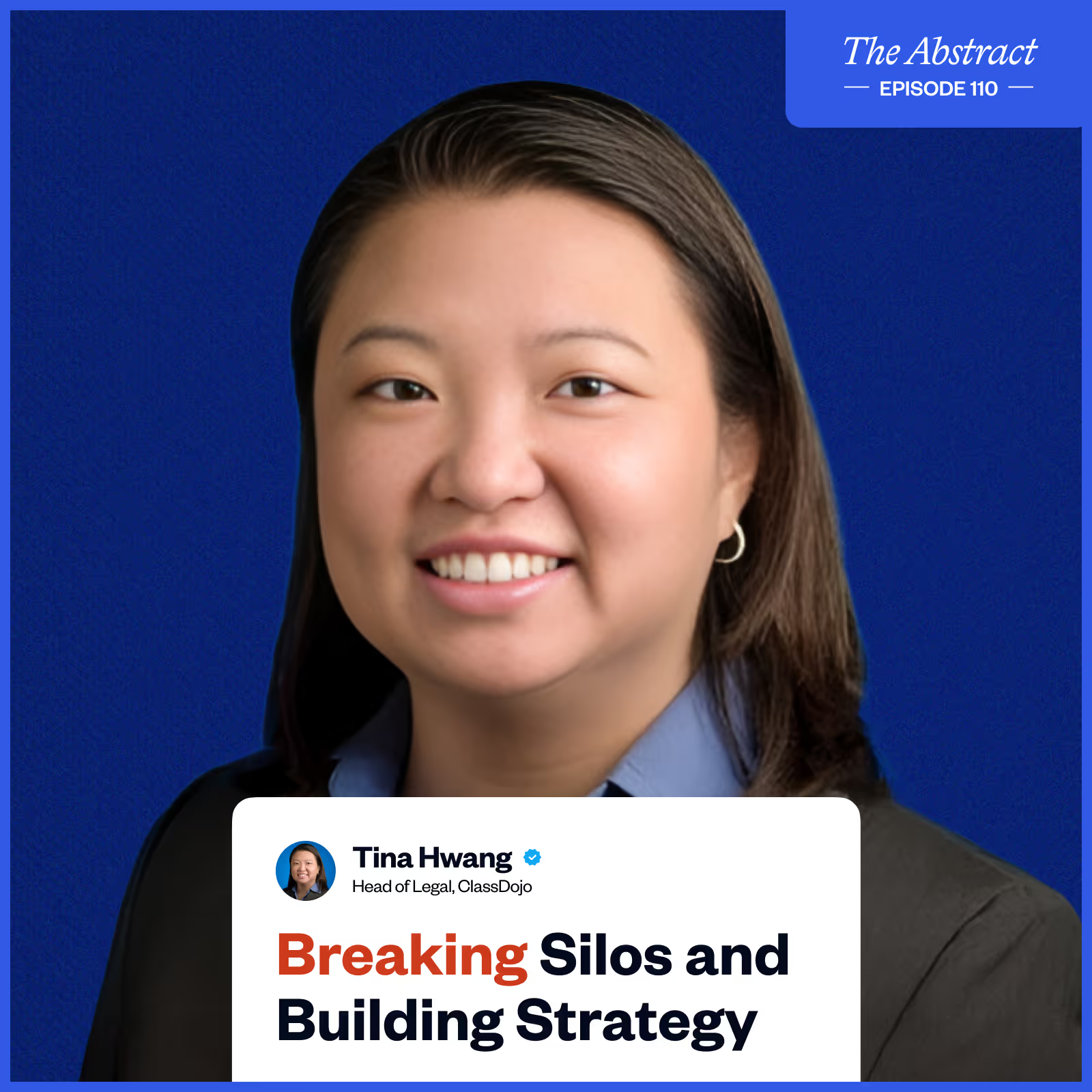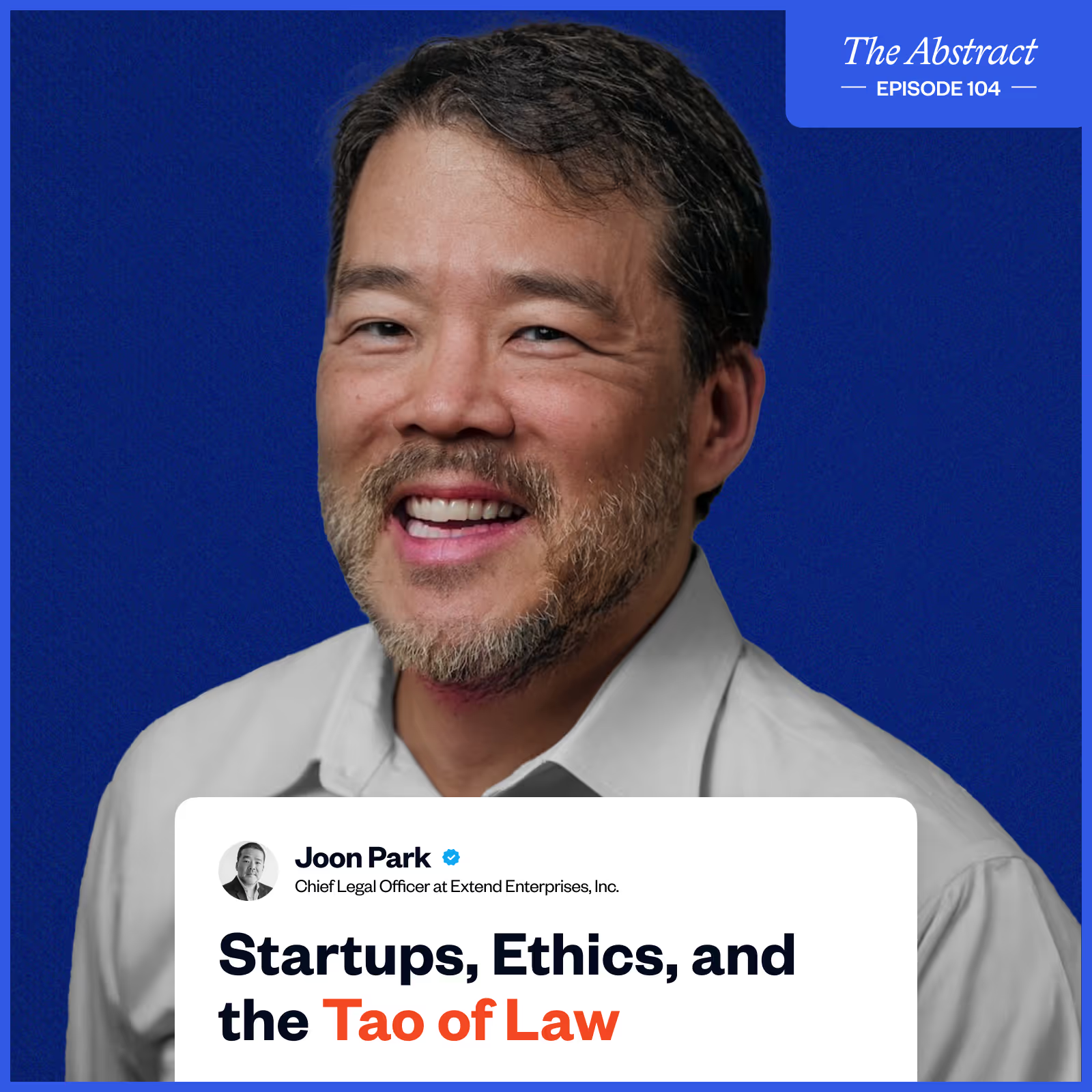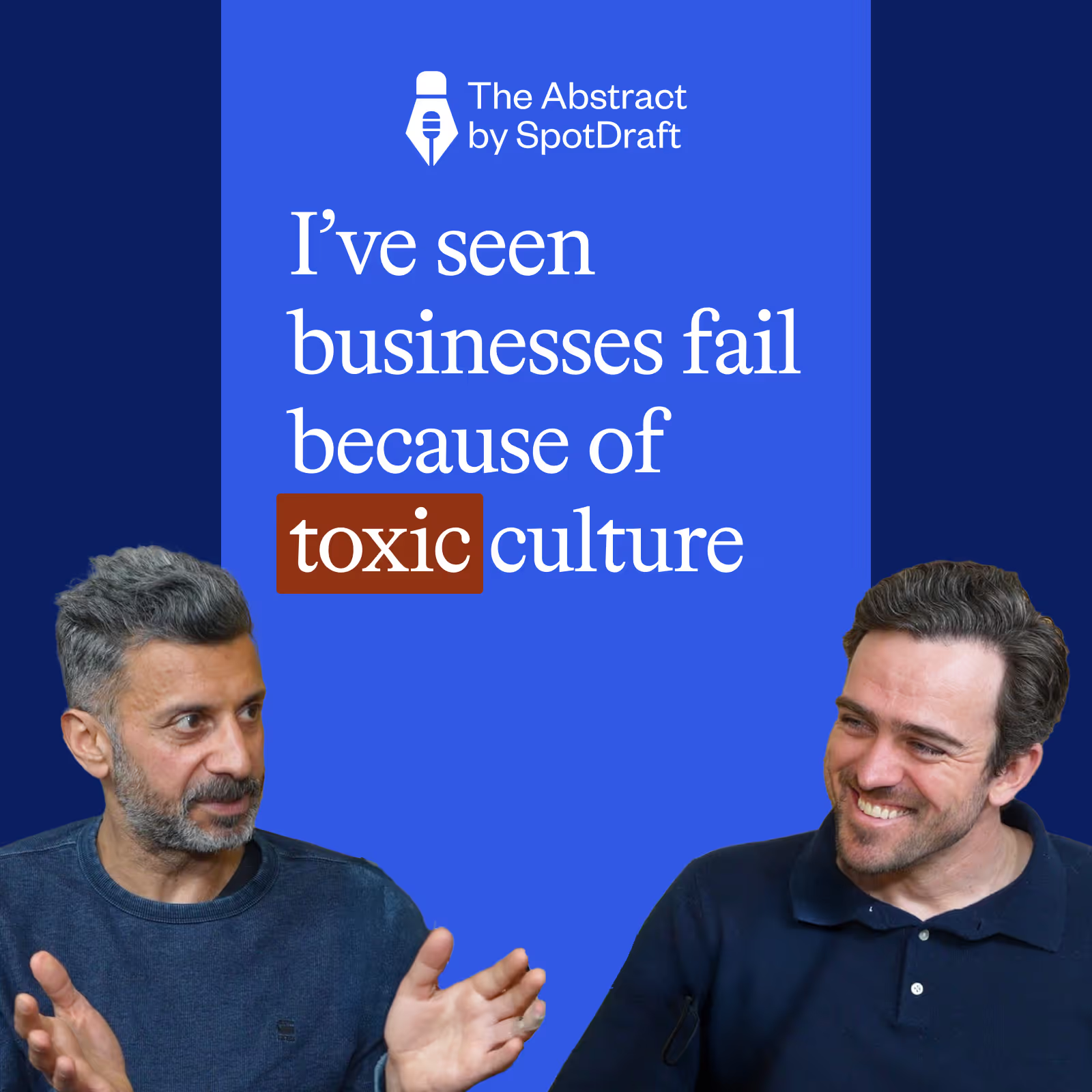Summary
Introduction – 00:00
- This episode features insights from leaders within the legal industry on how they transformed the perception of legal within their company, built relationships with stakeholders, and drove visibility into legal work.
Megan Niedermeyer and Brenda Perez on becoming true business partners: 01:04
- Advocating for a shift in mindset where legal teams actively contribute to business decisions.
- Legal teams should be pushing businesses forward, not just receiving tasks to be done.
- Viewing other teams as partners, not clients, and improving collaboration with the business.
- With the right legal ops people and the right mindset, legal ops can be critical to shaping legal’s role within the organization.
Doug Luftman on building trust and getting a seat at the table: 04:54
- Building trust and cross-functional partnerships to become business partners with legal expertise.
- Actively engaging with teams, understanding their needs, and not being stuck in an ivory tower of ‘no’.
- Applying legal advice in a practical and business-oriented manner to bridge the gap between legal and other functions.
Adam Glick on customer-centricity and relationship building: 06:56
- Why being customer-centric is crucial for a GC.
- Building and managing relationships with customers and their legal counsel.
- How customer success, flexibility in negotiations, and fostering long-lasting partnerships leads to success for legal.
- Aligning with internal clients, particularly the sales team, and building relationships around customer success.
Celaena Powder on nurturing productive relationships between Legal and Sales AEs: 11:40
- Optimizing and strengthening the legal-account executive partnership for smooth and productive deal cycles.
- Having perspective into what’s important to your AEs and understanding your leverage when it comes to negotiating enterprise contracts.
- Backchanneling and conducting internal strategy calls to improve collaboration.
Celaena Powder on transforming the perception of Legal within the org: 14:55
- How to go from “Legal sucks” to “We love legal”.
- Understanding the perception of legal through surveys and monitoring growth.
- Building a high-performing team through coaching, investing in talented individuals, and being available for guidance and feedback.
- Building a brand for Legal as a whole, and not just for yourself as its leader.
Lydia Cheuk on building a brand for your team and for yourself: 20:14
- Marketing legal to the rest of the organization, keeping your excellent work as a baseline.
- Building relationships with other functions and teams by being business-first.
- Using office hours, trainings, etc., to provide the business context into legal’s work as well as drive visibility and accessibility.
- Establishing a team brand and aligning the team members to work towards that brand.
David Lancelot on using data to build trust and credibility: 25:55
- Becoming business people with legal skills and owning your seat at the table.
- Build trust internally by quantitative, factual reporting to finance, strategy, and the CEO.
- KPIs to track as a legal team and showcase value, which in turn can help secure funding and support.
Akshay Verma on what companies and clients really want from lawyers: 31:31
- What data and surveys reveal about the qualities companies look for in their counsel, at the top of which is relationship building.
- Life skills law school doesn’t teach you but are critical in being successful as an in-house lawyer.
David Lancelot on transforming legal operations to build scalable and strategic legal functions: 34:14
- Moving away from the traditional approach of "throwing lawyers at the problem."
- The importance of scaling the legal function like a business unit, focusing on centralized contract management, and leveraging legal operations to handle high contract volume.
- Freeing up lawyers' time from low-value, repeatable tasks to focus on becoming strategic business partners and eventually business co-leaders.
- The importance of sustainable growth and focusing on revenue rather than just increasing headcount.

.svg)









.svg)
.svg)



















































































.avif)







.avif)







